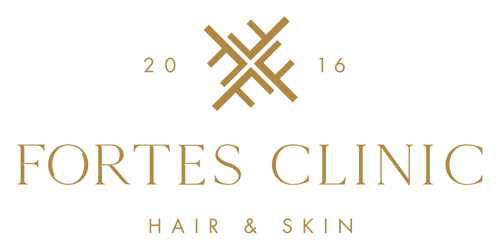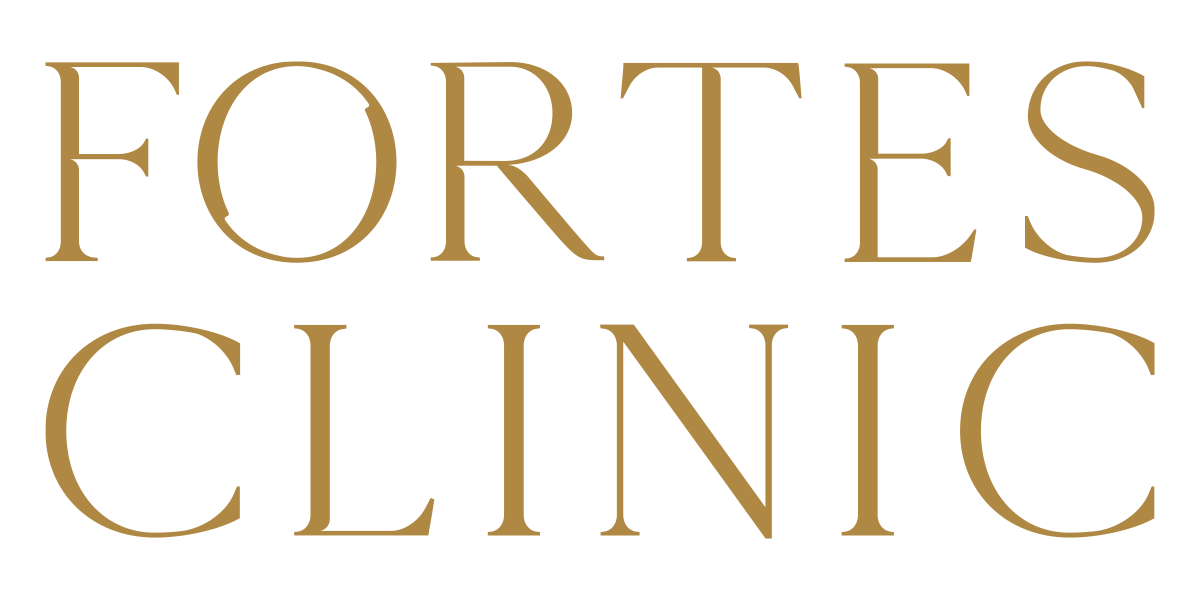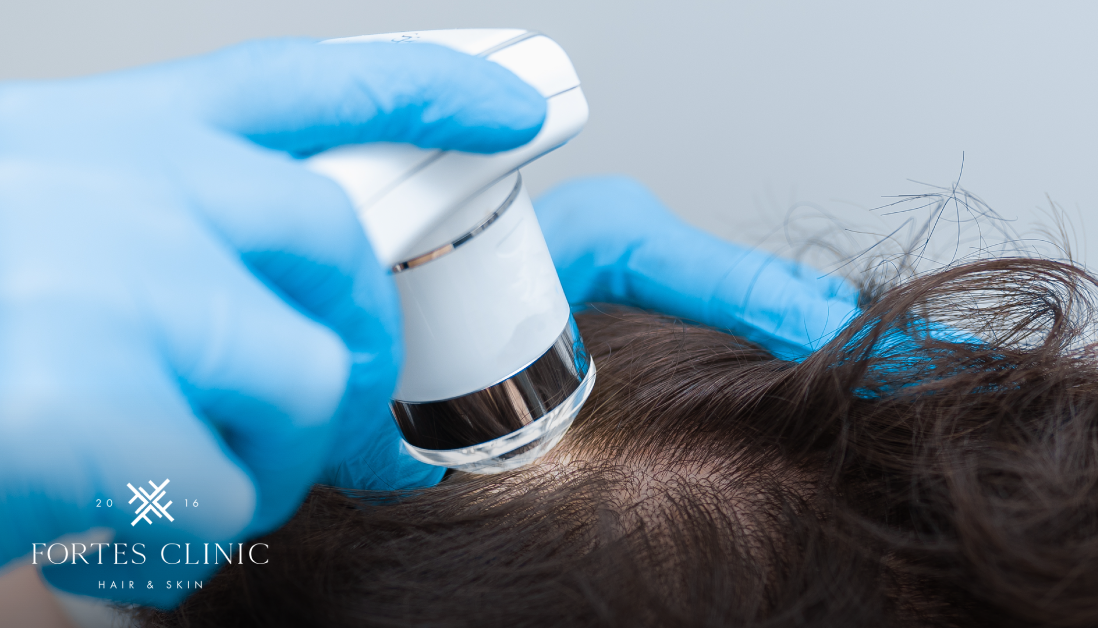Hair – it’s more than just a biological feature; it’s often seen as an essential part of our identity and self-expression. However, for many individuals, the experience of hair loss, scientifically known as alopecia, can be a source of frustration and distress. Here, we will delve into the various factors that contribute to alopecia, shedding light on its causes and shedding insecurities along the way.
Understanding Alopecia
Alopecia refers to the partial or complete loss of hair from areas of the body where hair is normally present. This condition can manifest in different forms, each with its own underlying causes. While there’s no one-size-fits-all explanation, understanding the common triggers can provide valuable insight.
The Impact of Hair Loss
Before we embark on this exploration, it’s crucial to acknowledge the emotional toll that hair loss can take. Beyond the physical aspect, hair often carries significant emotional weight. The confidence and self-esteem associated with a full head of hair can’t be overstated. Now, let’s journey into the diverse world of alopecia causes.
Genetic Factors and Alopecia Causes
The Role of Genetics in Alopecia Causes
Genetics often play a pivotal role in determining various aspects of our health, and alopecia is no exception. Our genes can influence everything from the thickness of our hair to the likelihood of hair loss. Understanding these genetic predispositions can shed light on the origins of hair loss.
Family History and Pattern Baldness
Family history serves as a telltale sign of potential hair loss. If your grandparents or parents experienced hair thinning or baldness, there’s a chance you might too. Pattern baldness, known as androgenetic alopecia, is a genetic condition that results in a distinct pattern of hair loss, particularly in men.
Genetic Predisposition
Research suggests that certain genes can make individuals more susceptible to alopecia. These genes interact with hormones and other factors, increasing the likelihood of hair loss. While you can’t change your genetic makeup, understanding this link can empower you to make informed choices.
Hormonal Imbalances and Hair Loss
Hormones and Their Influence in Alopecia Causes
Hormones orchestrate a symphony within our bodies, regulating various functions including hair growth and loss. Imbalances in these hormonal pathways can disrupt the natural hair cycle, leading to unwelcome shedding.
DHT and Androgens
Dihydrotestosterone (DHT) is a hormone derived from testosterone. While it’s essential for male development, an excess of DHT can lead to hair follicle miniaturisation – a common cause of hair thinning. This phenomenon is responsible for male pattern baldness.
Thyroid Hormones and Alopecia
The thyroid gland controls metabolism and energy production by releasing hormones. Thyroid imbalances, such as hypothyroidism and hyperthyroidism, can interrupt hair growth cycles, resulting in hair loss. Ensuring thyroid health is crucial for maintaining luscious locks.
Hormonal Changes in Women
Ladies, hormonal fluctuations throughout life – from puberty to pregnancy and menopause – can impact your hair. Post-pregnancy hair shedding and menopausal hair thinning are common experiences. Balancing hormones through nutrition and medical guidance can help mitigate these effects.
Autoimmune Disorders and Alopecia
Understanding Autoimmunity & Alopecia Causes
Autoimmune disorders occur when the body’s immune system mistakenly attacks its own tissues. In some cases, this includes hair follicles. Understanding the role of autoimmunity can shed light on alopecia areata and related conditions.
Alopecia Areata and the Immune System
Alopecia areata, an autoimmune condition, results in patchy hair loss. The immune system targets hair follicles, causing hair to fall out. This condition’s unpredictable nature can be emotionally challenging, but treatments and support are available.
Other Autoimmune Conditions Linked to Alopecia
Certain autoimmune diseases, such as lupus, can lead to hair loss. These conditions often involve inflammation, which can impact hair follicles. Early diagnosis and treatment of the underlying autoimmune disorder can help preserve hair health.
Lifestyle and Environmental Factors in Alopecia Causes
Stress and Its Effects
The modern world’s frenetic pace can take a toll on our well-being, and our hair isn’t immune to stressors. Stress-induced hair loss, known as telogen effluvium, disrupts the hair growth cycle, leading to shedding. Managing stress through relaxation techniques and self-care is crucial for hair health.
Nutritional Deficiencies and Hair Health
The saying “you are what you eat” applies to your hair too. Nutrient deficiencies, such as iron, biotin, and zinc, can affect hair growth. Including a variety of nutrient-rich foods in your diet can nourish your hair from the inside out.
Key Nutrients for Hair Growth
Omega-3 fatty acids, vitamin D, and protein are among the essential nutrients that promote healthy hair growth. These nutrients support scalp health, hair follicle strength, and overall hair vibrancy. Incorporating them into your diet can make a noticeable difference.
Environmental Toxins and Hair Loss
Pollution and environmental toxins can have unforeseen consequences, and your hair is no exception. Pollutants can accumulate on the scalp, clogging hair follicles and impeding growth. Regular scalp cleansing and protection can counteract these effects.
Impact of Pollutants on Scalp Health
Toxic particles in the air can contribute to scalp inflammation, disrupting the natural hair growth cycle. Additionally, certain hair care products contain chemicals that can exacerbate hair loss. Opting for natural, toxin-free products can promote a healthier scalp environment.
Medical Conditions and Treatments
Underlying Medical Conditions
Sometimes, hair loss is a sign of an underlying medical issue. Conditions such as polycystic ovary syndrome (PCOS) and alopecia-related diseases can lead to hair thinning. Addressing the root cause through medical intervention can halt or reverse hair loss.
Alopecia Related to Medical Issues
Certain medical treatments, like chemotherapy, can lead to temporary hair loss. Understanding the temporary nature of this hair loss can provide solace during the treatment process. Post-treatment regrowth is often possible.
Medications and Hair Loss
While medications are designed to heal, some can inadvertently lead to hair loss. Medications used for conditions like high blood pressure, depression, and arthritis can have this side effect. Consulting your healthcare provider about potential alternatives can help preserve your hair.
Common Medications Associated with Hair Loss
Beta-blockers, antidepressants, and anticoagulants are examples of medications that can trigger hair loss. It’s important to weigh the benefits of these medications against potential side effects. In some cases, adjusting the dosage or switching medications might be an option.
Hairstyles and Hair Care Practices
Traction Alopecia
Tight hairstyles that pull on the hair, such as braids, cornrows, and ponytails, can lead to a condition called traction alopecia. This type of hair loss is preventable by opting for looser hairstyles and minimising tension on the scalp.
Harsh Hair Styling and Chemicals
Frequent use of styling products and excessive heat can damage hair shafts and weaken follicles. Chemical treatments, such as bleaching and perming, can also contribute to hair thinning. Embracing gentle styling techniques and limiting chemical exposure can protect your hair’s integrity.
Overuse of Styling Products
The allure of perfectly styled hair sometimes comes at a cost. Overusing hair sprays, gels, and serums can result in product buildup on the scalp. This buildup can suffocate hair follicles, hampering growth. Balancing styling with proper cleansing can help maintain scalp health.
Heat Damage and Alopecia
Heat styling tools, like curling irons and straighteners, can cause hair to become brittle and prone to breakage. Applying heat protectants before styling and using lower heat settings can minimise heat-induced damage.
Psychological Factors and Alopecia Causes
The Mind-Body Connection
The psychological impact of hair loss is undeniable. The emotional toll can contribute to a vicious cycle – stress triggers hair loss, and hair loss triggers stress. Acknowledging this connection is the first step toward breaking free from its grip.
Stress, Anxiety, and Hair Loss
Psychological stress can disrupt the hair growth cycle, leading to increased shedding. Understanding this correlation can motivate individuals to prioritise stress reduction techniques, such as mindfulness and meditation.
Coping Strategies and Support
Coping with hair loss is a journey, and seeking support can make it more manageable. Connecting with support groups, seeking therapy, and sharing experiences with loved ones can help alleviate the emotional burden.
Age and Alopecia Causes
Ageing and Hair Thinning
Ageing is a natural factor that can impact hair health. As we age, hormonal shifts can contribute to hair thinning. Understanding these changes can help individuals embrace the ageing process gracefully.
Hormonal Shifts in Ageing
Ageing often brings hormonal changes, such as decreased oestrogen in women and increased DHT in men. These shifts can influence hair density and quality. Embracing holistic hair care practices can counteract the effects of ageing.
Addressing Age-Related Hair Loss
While age-related hair thinning is a normal part of life, there are steps you can take to support your hair’s health. Nutrient-rich diets, gentle hair care, and stress management can contribute to maintaining vibrant hair as you age.



